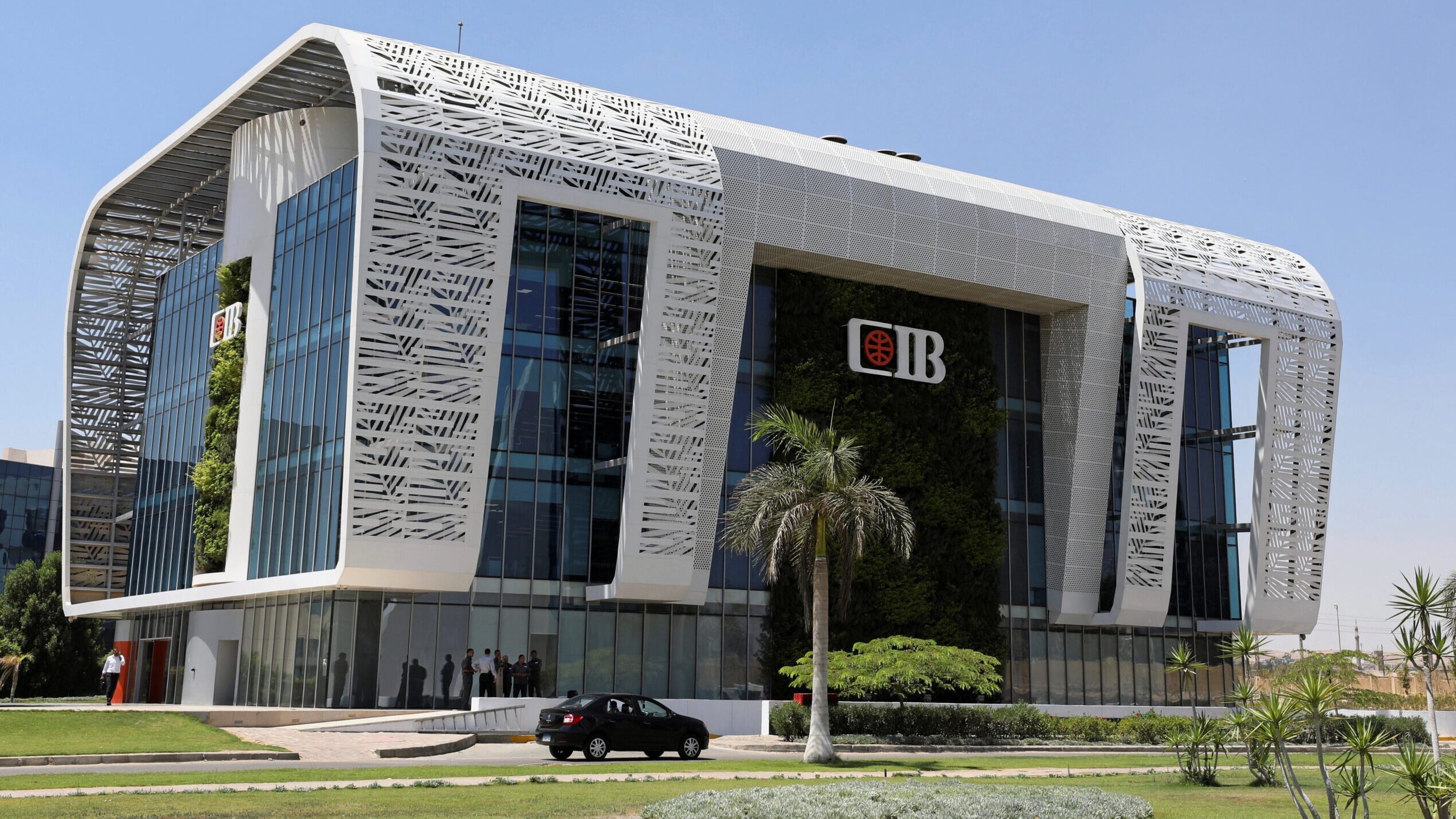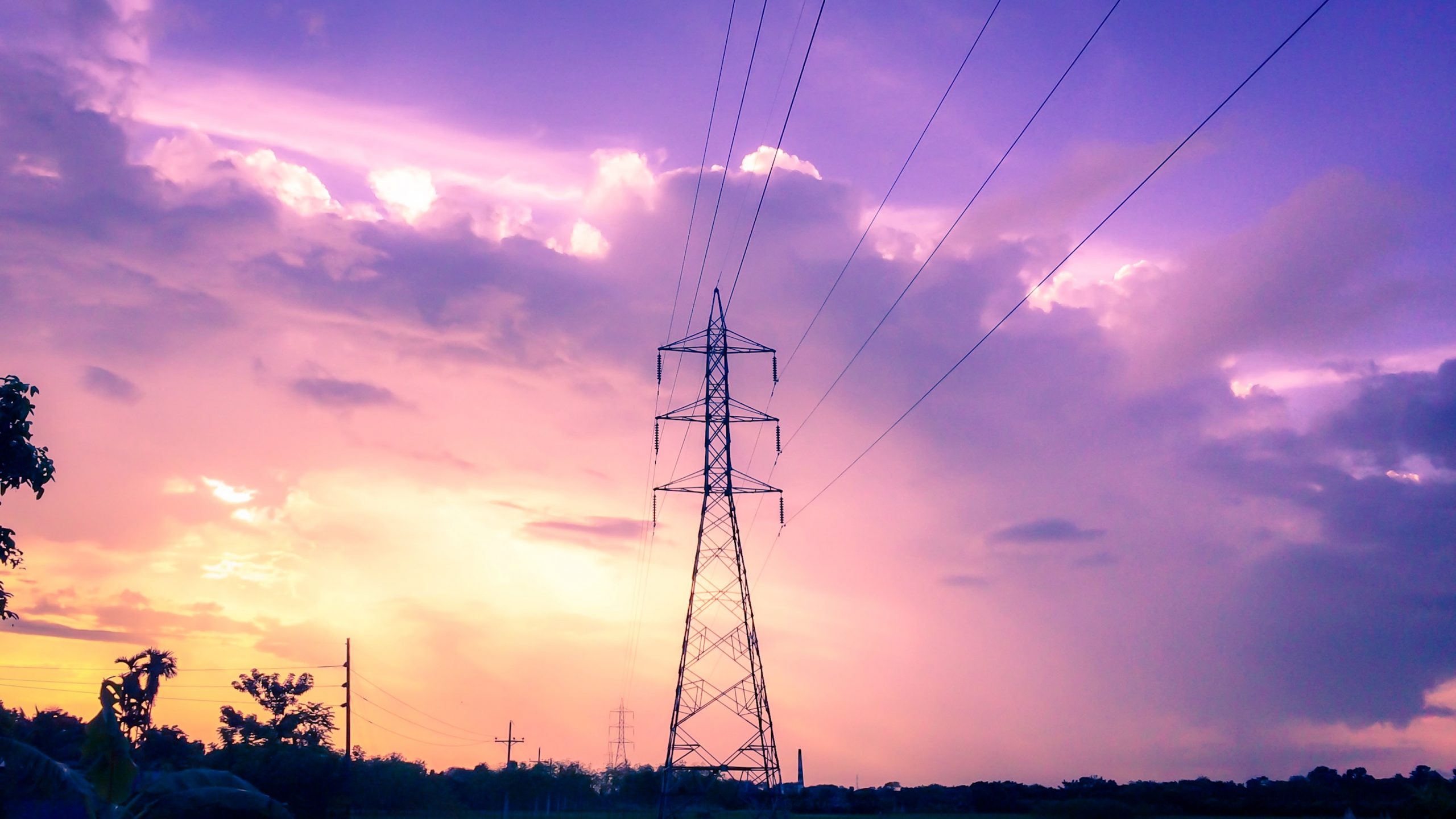WINDHOEK – Road infrastructure is a growth enabler, enabling trade, integration and the movement of people. This assertion was reiterated by Finance Minister, Calle Schlettwein, yesterday when he officially opened the 17th African Road Maintenance Funds Association (Armfa) focal group meeting in Windhoek that brought together key stakeholders in the road sector, Armfa Secretariat as well as chief executive officers and officials from the road funds of Southern Africa Focal Group member countries. The two-day meeting, which commenced yesterday, is taking place under the theme: “Sustainable Road Infrastructure: Impact on Regional Integration and Free Trade in Africa”.
“Economic development and social transformation cannot be fostered efficiently in the absence of well-developed and well-maintained roads. This is especially true for the developing economies and Africa in particular, an economy with high potential growth, which needs to be unlocked through a concerted investment compact in skills, technology and infrastructure development,” said Schlettwein in a speech read on his behalf by Road Fund Administrator (RFA) chairman, Penda Ithindi.
Schlettwein noted that the pursuit of shared prosperity presupposes inclusive growth and economic opportunity, which are often facilitated through trade such that efficient road infrastructure is one of the key pillars in the logistics chain.
However, he expressed concern that intra-African trade has not mushroomed by much and still remains relatively low.
“In March last year, the continent launched its Free Trade Area, that is envisaged to span a market of about 1.2 billion people, with a combined GDP of some US$2.5 trillion. Trade corridor infrastructure is destined to play a pivotal role in enabling the expansion of intra-Africa trade in this expanded market. As financiers, we should strengthen partnerships and rise to this occasion to bring about investment in strategic road infrastructure to enhance continental integration and facilitate intra-African trade,” Schlettwein stated.
He continued that key perennial issues merit the attention of road fund administrators, including cost efficiency and funding for research, domestic expenditure multipliers through local participation, fixed costs of road maintenance, as well as climate change which has an impact on road development.
“The development of sustainable conducive roads should be responsive to the needs of modernisation, aspiration of younger generations and the ever-advancing technologies. Terms such as smart technology with the drive towards implementation of artificial intelligence in the automotive industry, has a bearing on the needs to develop smart roads that are responsive to the needs of the motor vehicle of tomorrow,” Schlettwein noted.
With its strategic location in the region, Namibia has invested heavily in improving the various transport corridors including Trans Zambezi, Trans Kunene and Trans Kalahari Road corridors as well as the expansion and deepening of the port of Walvis Bay. These investments are to ensure efficient intermodal transport to and from the region and have seen formerly land-locked countries becoming land-linked countries, via improved road networks and dry ports.
Amongst some of the flagship road projects Namibia is currently undertaking include the construction of dual carriageways between Windhoek to Okahandja; Windhoek to Hosea Kutako International Airport; Swakopmund to Walvis Bay (behind the dunes) and Swakopmund to Henties Bay, eventually linking to Kamanjab. The completion of these projects is expected to greatly improve traffic mobility, improve road safety and movements of goods.
Over the years, total investment in the road sector has increased Namibia’s road network from 42 000 km in 1990 to 48 000 km by 2018. The majority of this growth has been on the bitumen-sealed roads.
“These and the continuous investment in the upkeep of our road network enabled Namibia to incubate quality road infrastructure that is ranked at 28th globally out of the 140 countries assessed in the 2018 Global Competitiveness Report. However, maintaining this road network is not cheap. With N$1.2 billion programmed for road maintenance alone in the 2018/19 financial year, this roughly translates to maintenance expenditure of N$76 000 per kilometre of bitumen road and N$11 000 per kilometre of gravel road,” Schlettwein explained.
During the welcoming remarks of yesterday’s meeting, RFA CEO, Ali Ipinge, pointed out that Armfa continues to contribute to continental integration, and enhance trade and economic growth between African countries, through the advocacy of roads interconnectedness.
“Armfa is instrumental in identifying and sharing best practices with African road funds, in the quest to ensure revenue sustenance, and identify innovative methods of revenue collection. Windhoek and RFA Namibia is privileged to be the host of the 17th ASAFG Meeting and subsequent Armfa AGA/AGM as from 10 to 16 March 2019 at the coastal town of Swakopmund. The focal group should capitalise on this opportunity as all member countries of Armfa will assemble in Namibia for the first time, and in the Southern African sub region. Therefore, the road developmental needs of the sub-region have an added advantage to be heard, while hosting the audiences of the Armfa leadership,” said Ipinge.
SOURCE: New Era

Ethiopia has cleared the way for Safaricom to introduce M-Pesa in the market of 110 million people after deciding to include the ...

Egyptian largest private sector bank by assets Commercial International Bank (CIB) is seeking to acquire more banks to strengthen ...

The European Investment Bank and International Solar Alliance have published a study outlining access solutions to overcome key ...

Kenya has been ranked the top country in the world in reducing population with no access to electricity, pointing to the impact ...